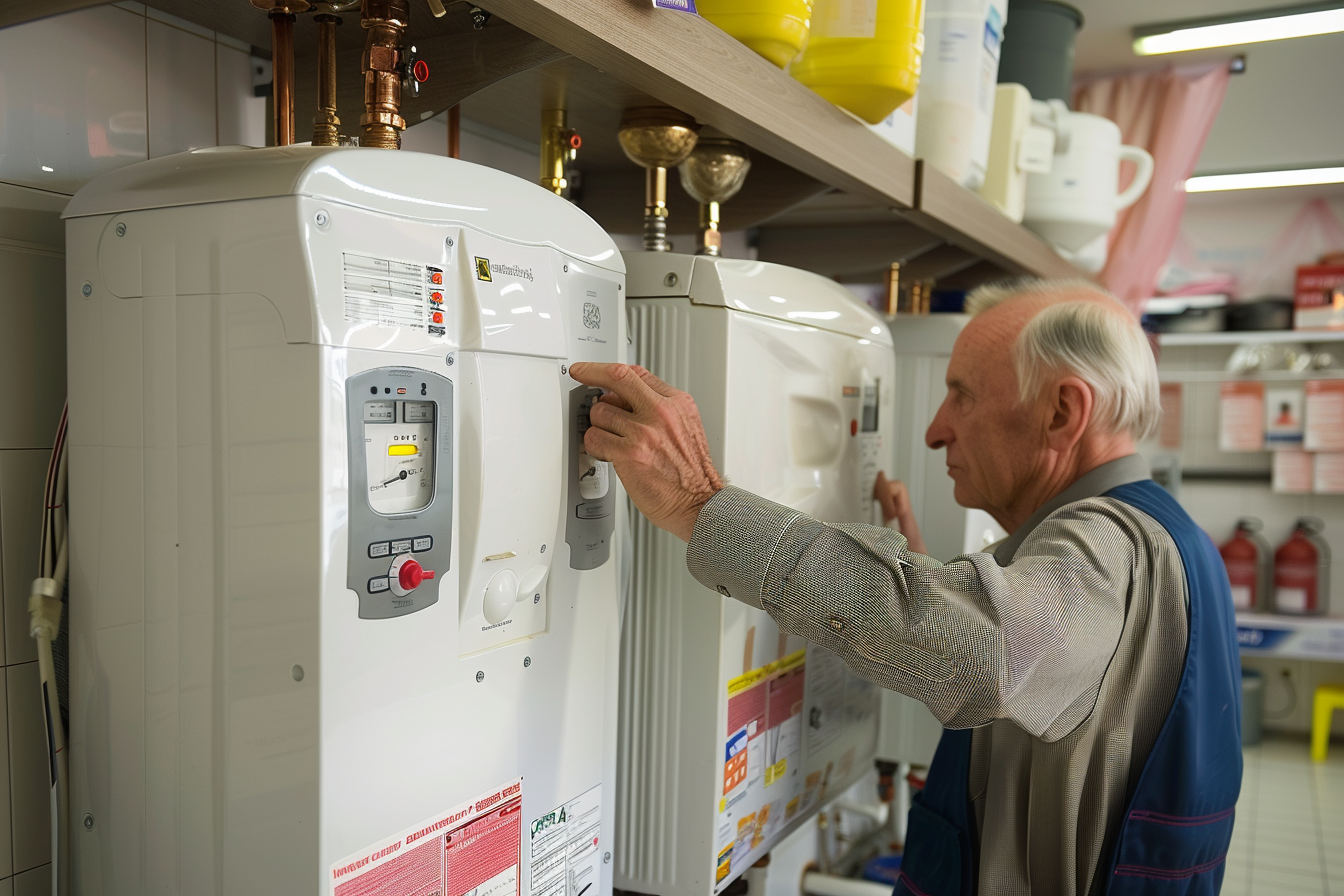Common boiler problems and effective repair solutions
Boilers are essential heating systems that keep homes comfortable during cold months, but like any mechanical equipment, they can develop various issues over time. Understanding the most frequent problems that affect boilers and knowing how to address them can save homeowners significant time, money, and frustration. From strange noises and inconsistent heating to complete system failures, boiler problems can range from minor inconveniences to major emergencies that require immediate professional attention.

Boiler systems play a crucial role in maintaining comfortable indoor temperatures, but they’re susceptible to various mechanical and operational issues that can disrupt their performance. When problems arise, quick identification and appropriate repair solutions become essential for restoring functionality and preventing further damage to the system.
Identifying signs of a faulty boiler needing repair
Recognizing early warning signs of boiler malfunction can prevent minor issues from escalating into costly repairs or complete system replacement. Strange noises such as banging, whistling, or gurgling often indicate problems with water circulation, air trapped in the system, or mineral buildup. Inconsistent heating throughout the home suggests issues with the thermostat, circulation pump, or blocked radiators. Unusual smells, particularly gas odors, require immediate attention and professional inspection. Water leaks around the boiler unit signal potential problems with seals, valves, or internal components. Additionally, sudden increases in energy bills without corresponding changes in usage patterns may indicate declining boiler efficiency.
Steps to choose a reliable boiler repair service provider
Selecting the right repair professional ensures quality workmanship and prevents recurring problems. Start by verifying that technicians hold proper licensing and certifications for boiler repair work in your area. Check online reviews, Better Business Bureau ratings, and ask for references from recent customers. Obtain multiple quotes to compare pricing and service offerings, but avoid choosing solely based on the lowest price. Ensure the company carries adequate insurance coverage and offers warranties on their repair work. Look for providers who offer emergency services, as boiler failures often occur during peak heating seasons when prompt response is critical.
Understanding frequent boiler malfunctions and their causes
Several common problems affect boiler systems regularly. No heat or hot water typically results from thermostat issues, pilot light problems, or faulty motorized valves. Radiators failing to heat up often indicate trapped air, sludge buildup, or circulation pump failures. Boiler kettling, characterized by rumbling or banging sounds, usually stems from limescale accumulation on heat exchangers. Frozen condensate pipes during winter months can cause modern condensing boilers to shut down completely. Low boiler pressure, often visible on the pressure gauge, can result from water leaks or bleeding radiators without refilling the system.
Effective repair approaches for different boiler issues
Different problems require specific repair strategies and techniques. For no heat situations, technicians typically check and reset thermostats, relight pilot lights, or replace faulty ignition systems. Addressing poor circulation involves bleeding radiators, power-flushing the system to remove sludge, or replacing worn circulation pumps. Kettling problems require descaling treatments or heat exchanger replacement in severe cases. Frozen condensate pipes need careful thawing using warm water or heating pads, followed by insulation installation to prevent recurrence. Low pressure issues are resolved by identifying and repairing leaks, then refilling and repressurizing the system to manufacturer specifications.
Cost considerations for professional boiler repair services
Understanding typical repair costs helps homeowners budget appropriately and make informed decisions about repair versus replacement options. Basic diagnostic visits typically range from $100 to $200, while simple repairs like thermostat replacement cost between $150 to $300. More complex issues such as heat exchanger repairs can range from $500 to $1,500, depending on the boiler type and extent of damage. Complete circulation pump replacement generally costs between $400 to $800, including parts and labor.
| Repair Type | Average Cost Range | Typical Duration |
|---|---|---|
| Diagnostic Visit | $100 - $200 | 1-2 hours |
| Thermostat Replacement | $150 - $300 | 2-3 hours |
| Circulation Pump | $400 - $800 | 3-4 hours |
| Heat Exchanger Repair | $500 - $1,500 | 4-8 hours |
| System Power Flush | $300 - $600 | 4-6 hours |
Prices, rates, or cost estimates mentioned in this article are based on the latest available information but may change over time. Independent research is advised before making financial decisions.
Preventive maintenance strategies to minimize future problems
Regular maintenance significantly reduces the likelihood of unexpected boiler failures and extends system lifespan. Annual professional servicing includes cleaning, safety checks, and component inspections that identify potential issues before they cause breakdowns. Homeowners can perform simple maintenance tasks such as checking pressure gauges monthly, bleeding radiators when needed, and keeping the area around the boiler clear of debris. Installing magnetic system filters helps prevent sludge circulation that can damage internal components. Additionally, maintaining proper thermostat settings and avoiding frequent temperature adjustments reduces wear on system components.
Proper boiler maintenance and timely repairs ensure reliable heating performance while minimizing long-term costs. By understanding common problems, recognizing warning signs, and working with qualified professionals, homeowners can maintain efficient boiler operation throughout the heating season and beyond.




